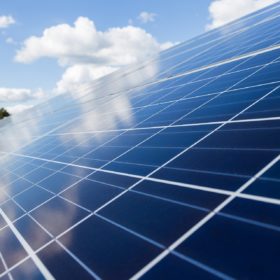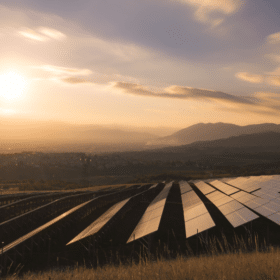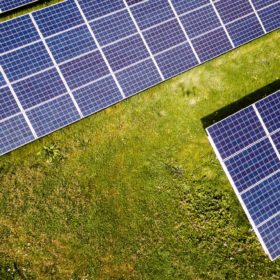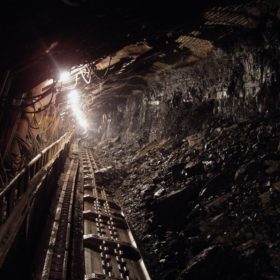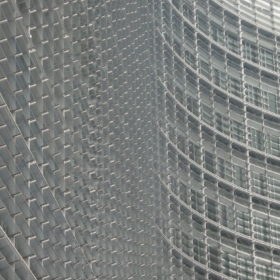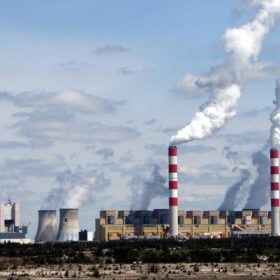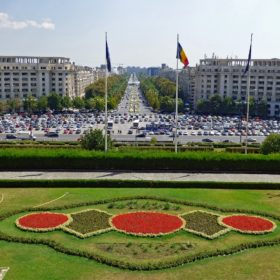Solar could help Azerbaijan consolidate gains in Nagorno Karabakh after recent conflict
That was just one of the revelations of the latest Dentons’ Guide to renewables investment in Europe, which also noted solar plants could be switched off in Slovakia, Ireland could go either way on clean power pricing, and Luxembourg is struggling with a surprising headache.
Romania’s first module factory
Romanian manufacturer Karpat Solar has acquired a 100 MW panel production line from Spanish provider Mondragon. The manufacturing facility will be located in Transylvania.
Giant solar project under development in Romania
A group of international investors is planning to build a 700 MW solar plant in Arad, in western Romania.
Photon Energy update after ‘difficult’ quarter
The Amsterdam-based, Australia and central Europe-facing developer saw sales slump thanks to Covid-19 last year but has touted a growing operational project portfolio.
Romania improves rebate scheme to speed up rooftop PV development
The Romanian government has changed the rules of the Casa Verde Fotovoltaice (green PV home) scheme to support residential solar installations under the country’s net metering regime. The new provisions improve the installation process and settlement of rebate payments.
Bulgaria and Romania set to be EU solar hotspots
Each of the nations, like Greece, will have gigawatt-plus solar additions in 2024, according to Solarpower Europe, enough to carve out a 3% slice of an anticipated 35 GW regional market.
South African renewables jobs should be in coal regions
A study into the potential pitfalls of the shift to clean power in the nation’s coal-dependent energy mix, pointed out almost all of South Africa’s solar farms are far to the south and west of the coal regions likely to bear the brunt of job losses in a country which already has 29% unemployment.
Will a watered down EU Just Transition Fund still be effective?
The EU Council has rejected a Covid-inspired European Commission proposal for a €40 billion warchest to help coal-dependent regions shift to renewables, with the heads of member states instead allocating €17.5 billion. Despite the final figure being €10 billion higher than that suggested by the commission before coronavirus battered Europe, questions have been asked about how useful the program will be.
Eastern Europe coal exit offers a €50bn clean power opportunity
With Bulgaria, Poland, Romania and Czechia having dragged their heels over climate legislation for years, BloombergNEF has estimated the most economic route out of the coal habit. It is a path which could see 40% less carbon emissions in 2030 than were recorded last year, with a 47% clean energy power mix.
Romania allocates $59 million for solar rebates
The government will grant rebates to residential PV projects and may cover up to 90% of the costs of purchasing and deploying a rooftop array.
